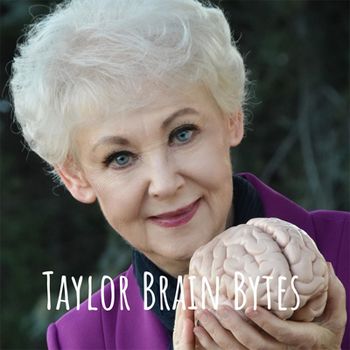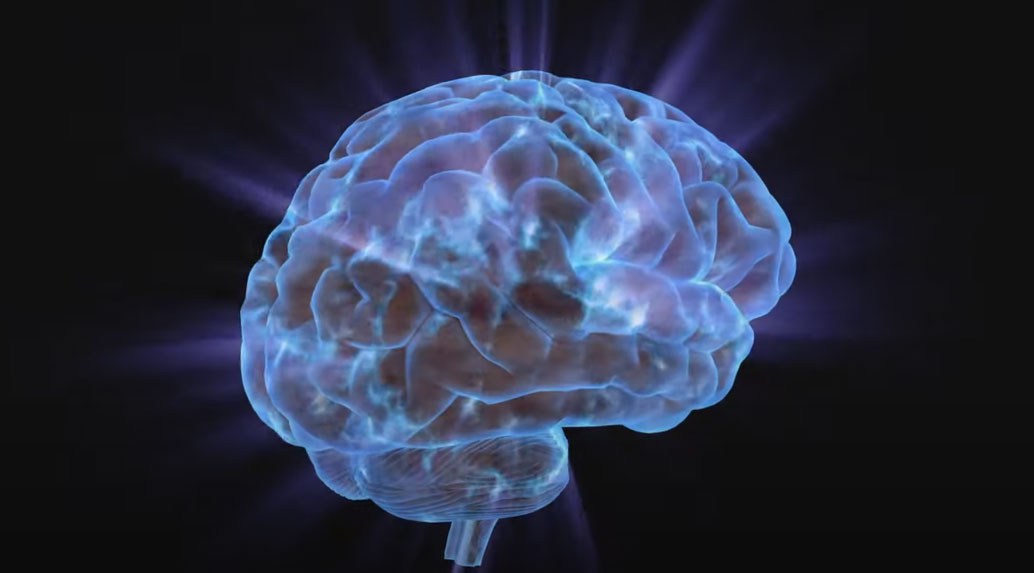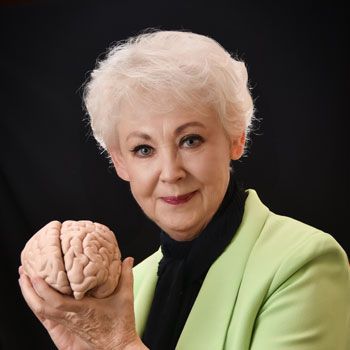Selected Definitions
©Arlene Taylor PhD
• Different. When the word different is used on this web site it simply means unlike. It doesn’t imply good or bad, desirable or undesirable, and certainly not equal or unequal. Equality is a political, ethical, and social concept that, by definition, suggests neither superiority nor inferiority. Some sociologists believe that males have been conditioned to believe they have an innate right to rule over other human beings, especially females. Some males even tend to believe that different from womenequates with being superior. Females, on the other hand, are more certain that democracy is the preferred form of government (e.g., there have been very few female absolute dictators in history) although they, too, have been socialized to accept male rule in many cases.
• Sex versus Gender. There are differing definitions for both these words. Some of them allude to characteristics, others to biology, and still other to behaviors. For all practical purposes I use these two terms interchangeably to encompass all factors related to maleness/masculinity and femaleness/femininity.
• Exclusive Heterosexual – an individual who wants to exhibit sexual behaviors only with a member of the opposite sex. Nonexclusive heterosexuals may choose to exhibit sexual behaviors with a member of the same sex in specific instances (e.g., during periods of incarceration, while a partner is pregnant).
• Exclusive Homosexual – an individual who wants to exhibit sexual behaviors only with a member of the same sex. Nonexclusive homosexuals, or bisexuals, may choose to engage in sexual behaviors with members of the same or opposite sex, depending on the person and the environment.
• Transsexual – an individual whose brain does not seem to match his/her genitals (may undergo sex-change surgery to make genitals match his/her core identity).
• Transvestite – an individual who wears clothing of the opposite sex in order to become sexually aroused.
• Adrenogenital Syndrome (AGS) – a 46XX chromosome female who was subjected to high levels of masculinizing hormones during gestation. Has internal organs of a female plus a penis and scrotum. Child is usually raised as a boy.
• Androgen-insensitivity syndrome (AIS) – a 46XY chromosome male who was insensitive to masculinizing hormones during gestation. Has internal male organs plus a vagina (although it doesn’t go anywhere). Child is usually raised as a girl.
• Sexual identity – a label for the core sexual belief an individual has about him/herself as a male or a female. It has its origin in the gestational hormonal bath that occurs near the end of the first trimester of fetal development. Sex organs, child rearing, pubertal hormones, and societal reinforcement can play a role but likely only reinforce or disturb one’s core identity that is present at time of birth.




